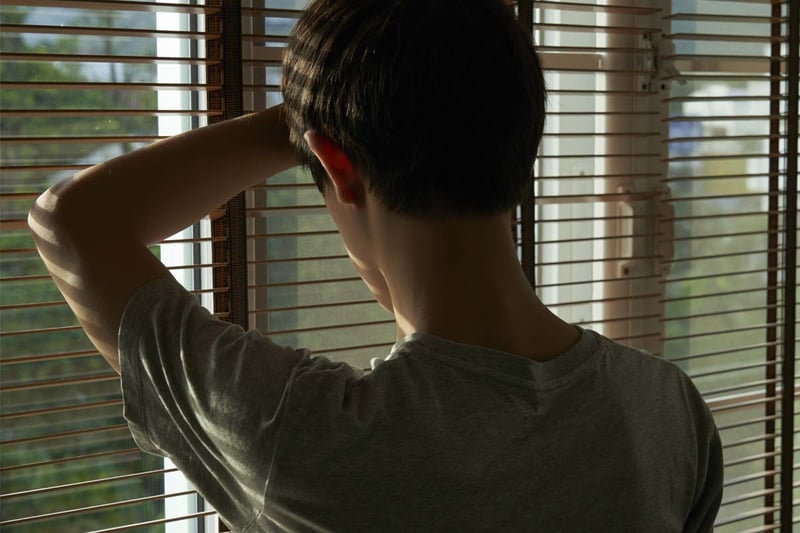Is Marijuana a Gateway Drug?

For years, societies around the world have demonized marijuana. It's been called a gateway drug. But as of late, we've seen Canada and many states in the United States legalize marijuana. It might make you wonder, is marijuana a gateway drug? Or have recent events changed that?
Your child has grown up in a time when people see marijuana differently than they did when you were a kid. You may struggle to rationalize it in your mind or speaking about marijuana use with your child. Here's why marijuana is still a gateway drug, and why you should consider an adolescent marijuana abuse treatment program in Oxford, MS, for your child.
Why Is Marijuana Called a "Gateway Drug"?
This phrase isn't just a saying. It's based on science. Studies show that most adults who use drugs like heroin, meth, cocaine, or prescription painkillers began using either marijuana or alcohol in their teens. Any drugs that alter the mental state change the brain in three primary ways. First, it makes the brain accustomed to altered mental states . Your child's brain learns to derive pleasure from altered mental states. As a result, they may lose their ability to feel joy otherwise. Second, it alters neurological pathways in the brain. As these pathways strengthen, your child may develop a dependence on substances that alter the mental state. So, for example, they may "need" it to deal with stress or feel comfortable in social situations. Drugs hijack the brain. A teen's brain would normally develop social and life skills to deal with life's ups and downs. If they learn to turn to substances, they don't develop these skills. And finally, marijuana may put your child increasingly in the crowd that experiments with drugs. More exposure creates "normalization." In other words, they begin to feel that everyone is doing it, however, t hat's not true. So is marijuana a gateway drug? Science says yes!But Isn't Marijuana Natural?
Your child may say, "It's just a plant." This saying is a common objection among teens and adults alike. The fact is that many natural things in the world can be harmful. For example, cyanide and arsenic both naturally occur in plants.Is Marijuana a Gateway Drug? Here's What Matters
Many of the effects of marijuana you won't see until later. That's why it's so crucial that you're here now learning whether is marijuana a gateway drug? With that said, you can likely begin to see changes now and should be on the lookout. Signs that your child is using marijuana and may need an adolescent marijuana substance use treatment program include:- Struggling in school
- Defying their curfew and other parental guidance
- Engaging in risky behavior
- Stealing or spending all of their money on weed
- Insisting they need weed to relax
How Stonewater Adolescent Recovery Center Helps Teens Struggling with Drug Use
Stonewater Adolescent Recovery Center in Oxford, MS, helps teens who are using drugs or facing challenges with their mental health. We recognize the unique needs of school-aged individuals. Therefore, we work to create an environment where children can stay on track with their academic pursuits while recovering from their marijuana use. We've designed a program that's both fun and educational with an individualized combination of evidence-based therapies and complementing activities, such as:- Fly-fishing
- Volunteering
- Adventure and nature therapy
- Equine (horse) therapy
- Art expression

.jpg)

